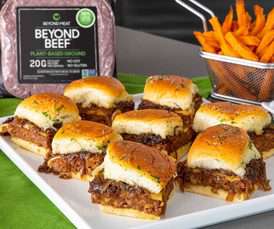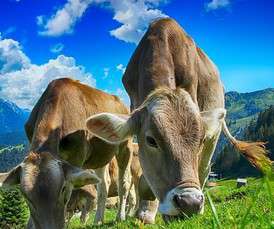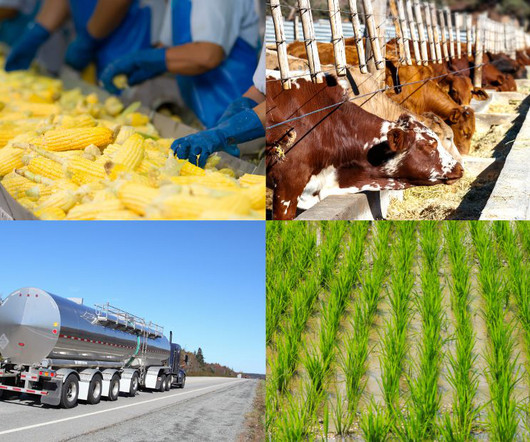Growing appetite: Retailers and food firms rush to join plant-based meat boom
Business Green
OCTOBER 25, 2022
New report reveals how retailers are committed to increasing their volume of sales of meat and dairy alternatives. The report was conducted with support from 84 leading investors, such as as Columbia Threadneedle Management Limited and Amundi, as well as retail giants Walmart and Tesco.


















Let's personalize your content